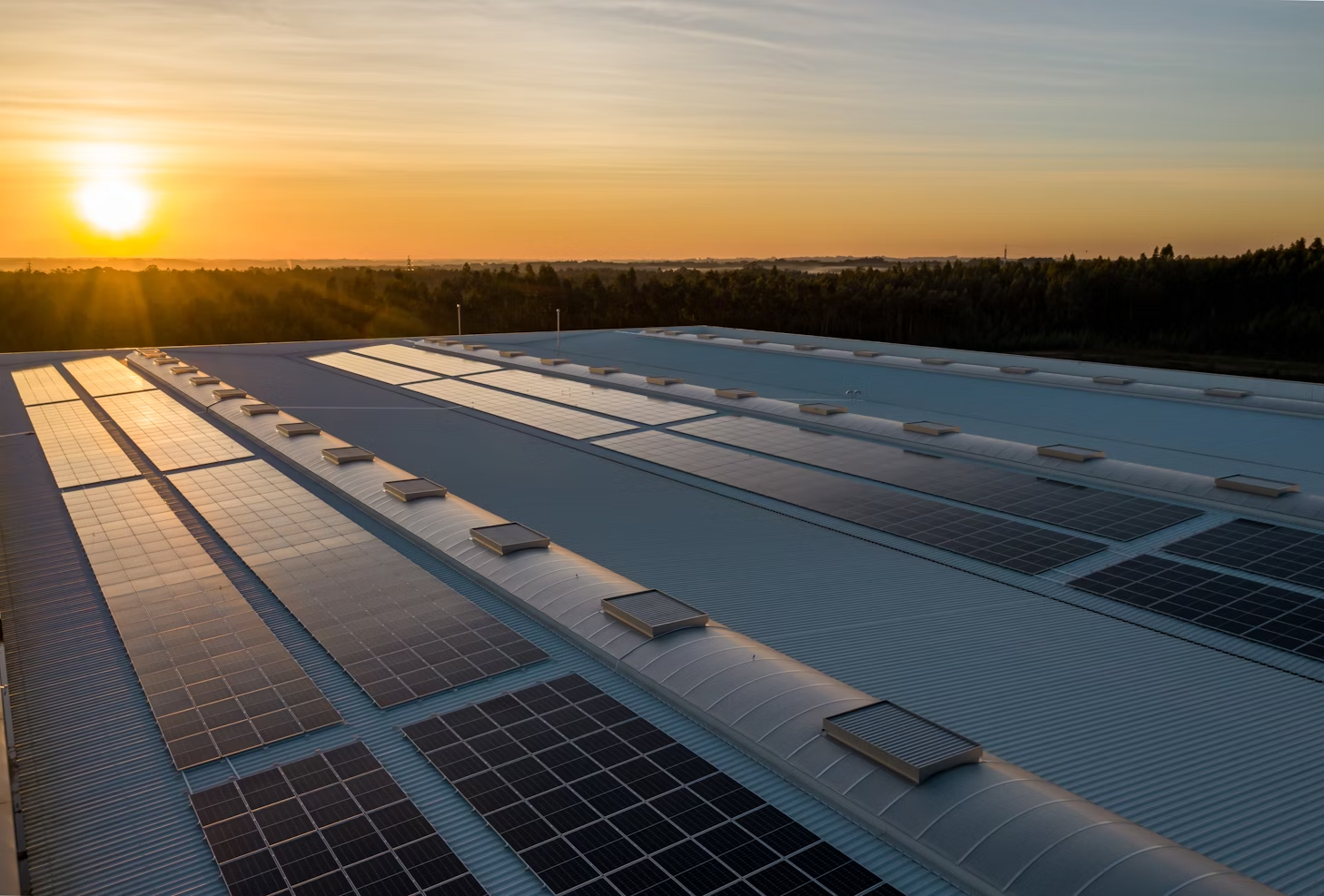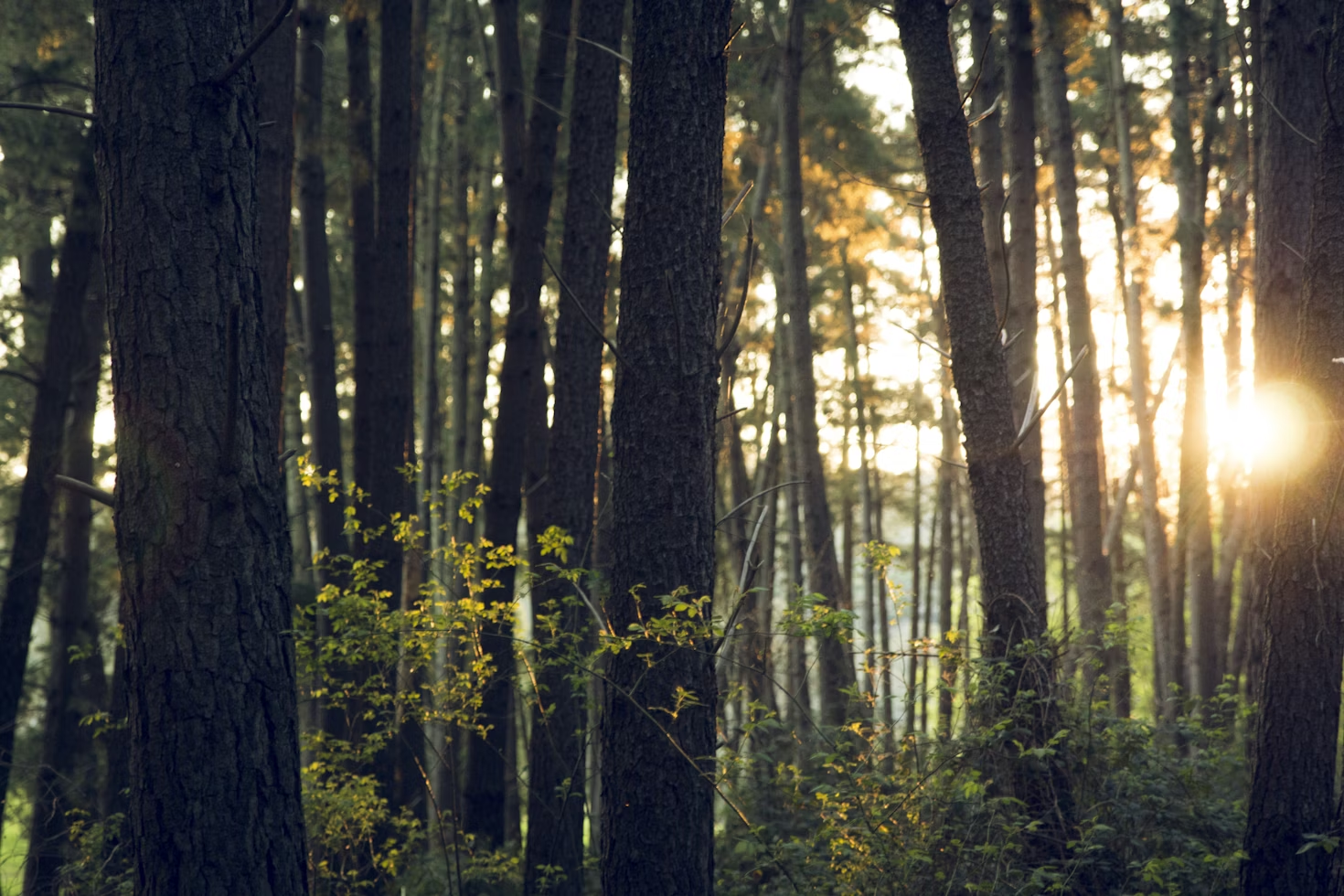Climate change

Climate scientists and scientists are clear: the Earth is warming rapidly. The increase in greenhouse gases of human origin is the cause, with the consequences of health, social and economic, ecological and humanitarian crises whose beginnings we are already seeing. In this way, the fight against climate change is an extraordinary opportunity for transition, towards a more ecological functioning, creating jobs, innovations and good living conditions at all scales.
Warming, disruption, change, what definition?
The Global warming is the phenomenon of an increase in the average temperature at the Earth's surface, due to the excessive presence of so-called “greenhouse gases” in the atmosphere. We also use the terms of climate change Or of climate change because we notice significant changes in terrestrial climate phenomena: higher frequency of heatwaves, storms, hurricanes, increased precipitation, etc.
We must differentiate between global warming and weather: just because we observe a very cold winter in a place does not call into question the reality of global warming, which is observed on larger time scales and over vast geographical areas.
How does the greenhouse effect work?
The Earth receives energy from the Sun all the time. Some of this energy is absorbed by the Earth's surface, soil, and oceans, which are getting warmer. On the other hand, the planet reflects some of this energy in the form of infrared radiation, which is all the more intense the hotter the surfaces are. In the atmosphere, naturally present gases, such as ozone (O3), water vapor (H20), nitrous oxide (NO2), methane (CH4) or carbon dioxide (CO2), reflect this infrared radiation back to Earth. And so on. It's what we call theGreenhouse effect and that's what makes it possible to warm the Earth's temperature.
It is in fact a natural phenomenon that allows the Earth to maintain an average habitable temperature: without this, the average temperature at the Earth's surface would be at most -19°C instead of the 15°C we know today!
Human activities involved in climate change
The planet won more Of 1°Csince the middle of the 19th century, i.e. the beginning of the Industrial Revolution. Humans have changed the global climate balance by massively producing greenhouse gases (GHGs). This is mainly CO2 (77% of emissions) released by combustion Fossil fuels like oil, coal, gas. This is also the case for methane produced by our intensive agriculture and the creation of our landfills or other specific gases such as refrigerant gases. In addition, human activities, such as deforestation, contribute to the reduction of what are called “carbon sinks”, i.e. what stores greenhouse gases and prevents them from reaching the atmosphere: oceans, forests. Not only do our activities emit too many GHGs, but they also reduce the planet's ability to absorb them.
For example, scientists from the Intergovernmental Panel on Climate Change (IPCC) say with 95% confidence that human activities are responsible for the increase in temperatures observed since 1950. According to them, Continuing on our current trajectory, the average temperature will increase from 2°C to 3.5°C by 2100.
While this does not seem dangerous at first glance, you should know that the balance of our planet is very subtle. Let's keep in mind that during the ice age, with only 4°C less on average at the Earth's surface, the ice covered all of Northern Europe and the ocean level was 100 meters lower!
What are the impacts of climate change on the planet?
Because of this subtle balance, climate change is having a very strong impact on Earth. It is at the origin of an increase in extreme climate events both in number and in intensity. This is the case of heatwaves, storms, hurricanes, violent rains and floods, forest fires. By causing sea level rise, ocean acidification, modification of flowering dates, droughts, the appearance of new diseases, rise in water temperature, pollination failure... global warming endangers the quality of life of terrestrial species, including humanity.
Of course, the situation is alarming and we need to act. That is why the Paris Agreement committed states to” containing the rise in the global average temperature to well below 2°C above pre-industrial levels and by continuing efforts to limit the rise in temperature to 1.5°C above pre-industrial levels, recognizing that this would significantly reduce the risks and effects of climate change ”.
The choices we are making today are essential and it is now time to think about strategies to start a peaceful transition to a low-carbon society.
To meet this objective, Keewe launched the first banking services that allow businesses to start their ecological transition by measuring, reducing and offsetting their greenhouse gas emissions.







